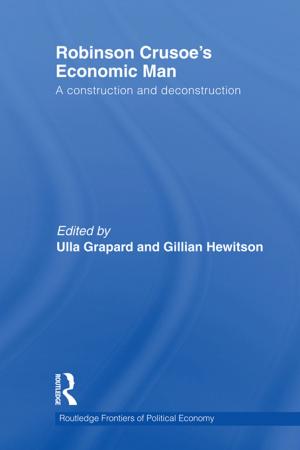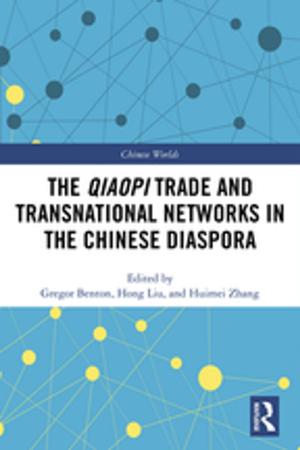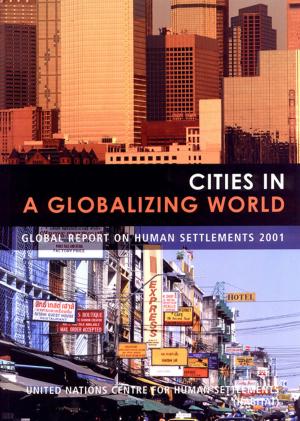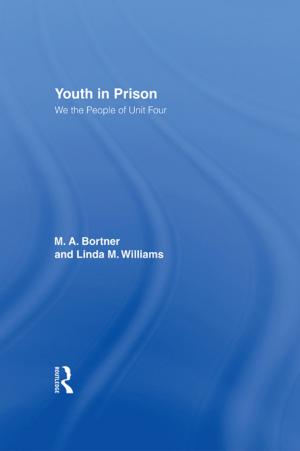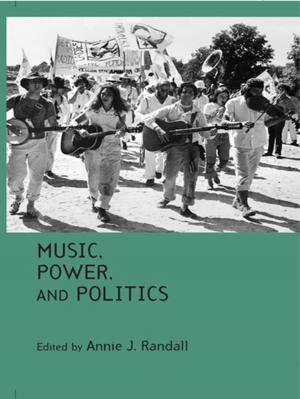| Author: | Rein Mullerson | ISBN: | 9781136191138 |
| Publisher: | Taylor and Francis | Publication: | April 4, 2014 |
| Imprint: | Routledge | Language: | English |
| Author: | Rein Mullerson |
| ISBN: | 9781136191138 |
| Publisher: | Taylor and Francis |
| Publication: | April 4, 2014 |
| Imprint: | Routledge |
| Language: | English |
In this insightful analysis of human rights diplomacy Rein Mullerson examines the way foreign policy instruments are used to promote human rights abroad as well as how human rights issues are used for the sake of other foreign policy aims.
The book explores the relationship between human rights and international stability, the role of non-governmental organisations, the business community and mass media in formulating human rights agendas for governments and inter-governmental organisations. Also addressed are issues such as the universality of human rights in a multi-cultural world and the impact of religious and nationalistic extremism. Rein Mullerson concludes by looking at the role of the UN and other international bodies engaged in the promotion of human rights and how military force can be an option in settling violations
The author argues that it tends to be regimes that are hostile to human rights which in turn cause instability in the international community. Throughout the work it is demonstrated that a concern for human rights is legitimate because of the impact they have on international relations and because of the common bonds that link all people.
In this insightful analysis of human rights diplomacy Rein Mullerson examines the way foreign policy instruments are used to promote human rights abroad as well as how human rights issues are used for the sake of other foreign policy aims.
The book explores the relationship between human rights and international stability, the role of non-governmental organisations, the business community and mass media in formulating human rights agendas for governments and inter-governmental organisations. Also addressed are issues such as the universality of human rights in a multi-cultural world and the impact of religious and nationalistic extremism. Rein Mullerson concludes by looking at the role of the UN and other international bodies engaged in the promotion of human rights and how military force can be an option in settling violations
The author argues that it tends to be regimes that are hostile to human rights which in turn cause instability in the international community. Throughout the work it is demonstrated that a concern for human rights is legitimate because of the impact they have on international relations and because of the common bonds that link all people.


